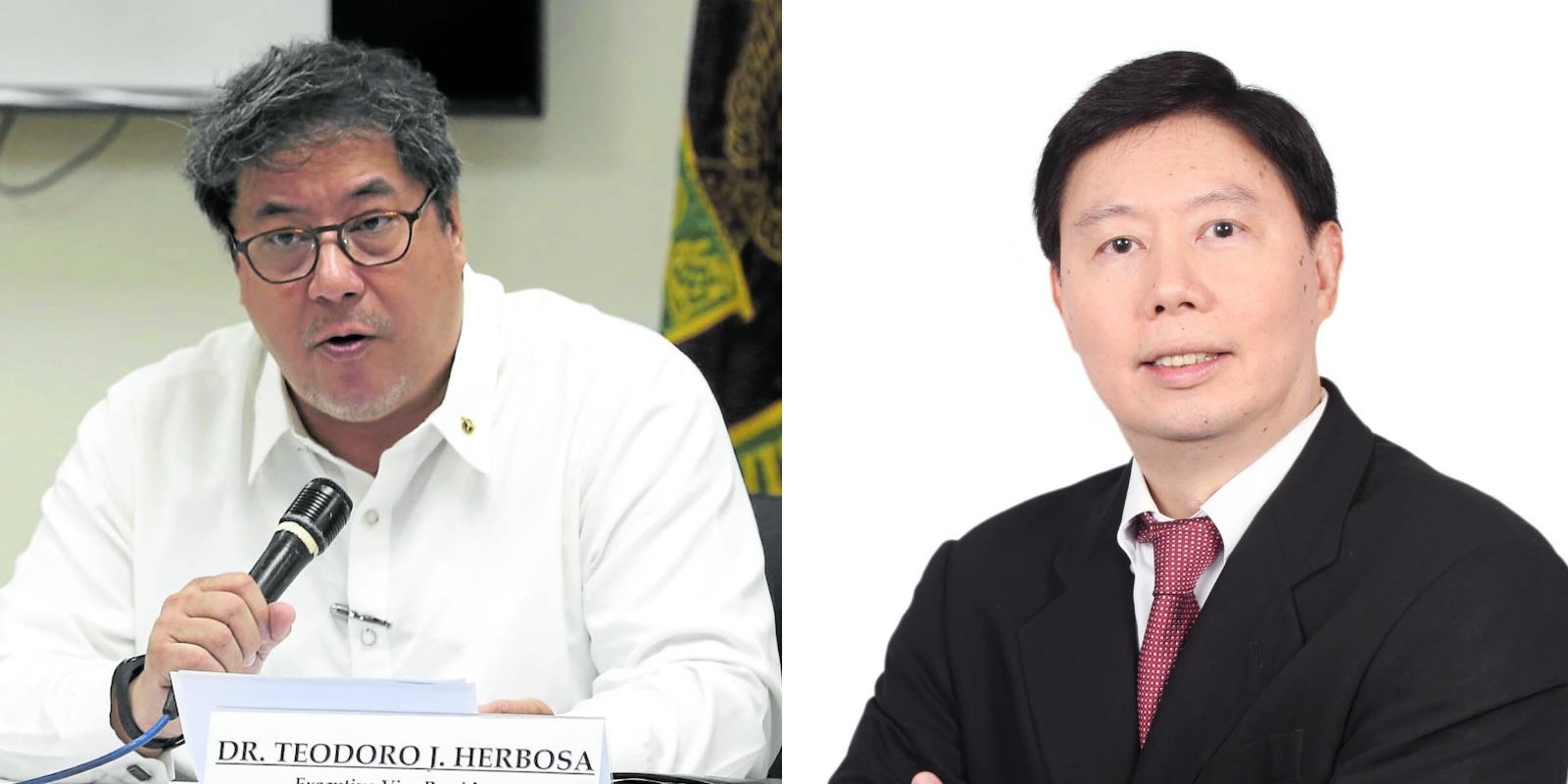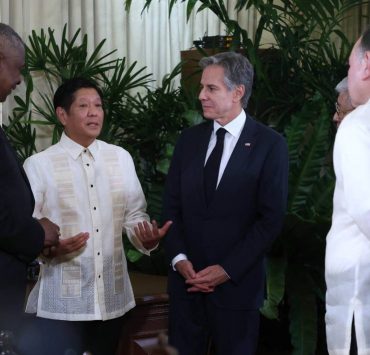DOH chief disowns PhilHealth rate cut

While members of the Philippine Health Insurance Corp. (PhilHealth) questioned the move to use their contributions for government needs, Health Secretary Teodoro Herbosa said he was perplexed by the proposal to reduce contribution payments.
“I have never heard PhilHealth ever decrease the payment of its members. I also don’t know if there’s a mechanism to decrease the PhilHealth contribution. I don’t know a law or ruling to implement that,” Herbosa told reporters on the sidelines of an event in Manila on Friday.
“I don’t know what the hell the [PhilHealth president Emmanuel Ledesma Jr.] is talking about,” said the chief of the Department of Health (DOH) who also sits as ex officio chair of the PhilHealth board of directors.
Ledesma told senators in a hearing of the Senate committee on health and demography on July 30 that he would recommend to President Marcos to lower the contribution rate of its paying members.
But PhilHealth vice president for external affairs Rey Baleña said “we will have to study this and make the appropriate recommendation to the PhilHealth board before this is sent to the President for action.”
The current 5 percent premium paid by PhilHealth members is mandated by Republic Act No. 11223, or the Universal Health Care Act, which gradually increases the premium rate from 2.75 percent in 2019 to 5 percent in 2024 and 2025.
No rate cut ever
Since 2019, there has never been an instance premium rates were cut, but the scheduled hikes have been deferred twice: in 2021 and 2023.
When PhilHealth members complained about the first premium hike in 2019, PhilHealth actuaries said the fund’s actuarial life would end in 2027 without the increases.
The government subsidizes the contributions of senior citizens, people with disabilities, 4Ps beneficiaries and indigents.
But revelations of official corruption emerged even at the height of the COVID-19 pandemic, including but not limited to overpayments to suppliers, reimbursements for “ghost” medical procedures and equipment, false claims and “upcasing” of illnesses.
Last year, the state insurer was supposed to raise contributions from 4 percent to 4.5 percent, but this was deferred by Mr. Marcos, citing “prevailing socio-economic challenges brought about by the COVID-19 pandemic, and to provide financial relief to our countrymen amid these difficult times.”
Earlier this year, Herbosa asked the President to defer yet again the implementation the mandated increase in premiums, noting that the delay in the hike of member contributions would not significantly impact the state health insurer’s financial standing.
Mr. Marcos responded they were conducting “a very straightforward cause-benefit analysis” to determine whether the recent hike benefits PhilHealth members. He called on PhilHealth to implement higher benefit packages for Filipinos.
Unused subsidies
PhilHealth is under controversy for P89.9 billion in unutilized government subsidies from 2021 to 2023.
The Department of Finance ordered the state health insurer to remit to the national treasury this amount to fund the government’s unprogrammed appropriations for this year.
P20 billion of PhilHealth’s unused subsidies was already transferred to the general fund in May.
Budget watchdogs, however, have opposed this directive, and instead called on PhilHealth to use these funds to improve and expand the benefit package for its members.
PhilHealth in February this year implemented a 30-percent increase in the benefit package in almost all of its case rates—the first across the board hike in benefits since 2013. INQ
Teodoro Herbosa Emmanuel Ledesma Jr.

















